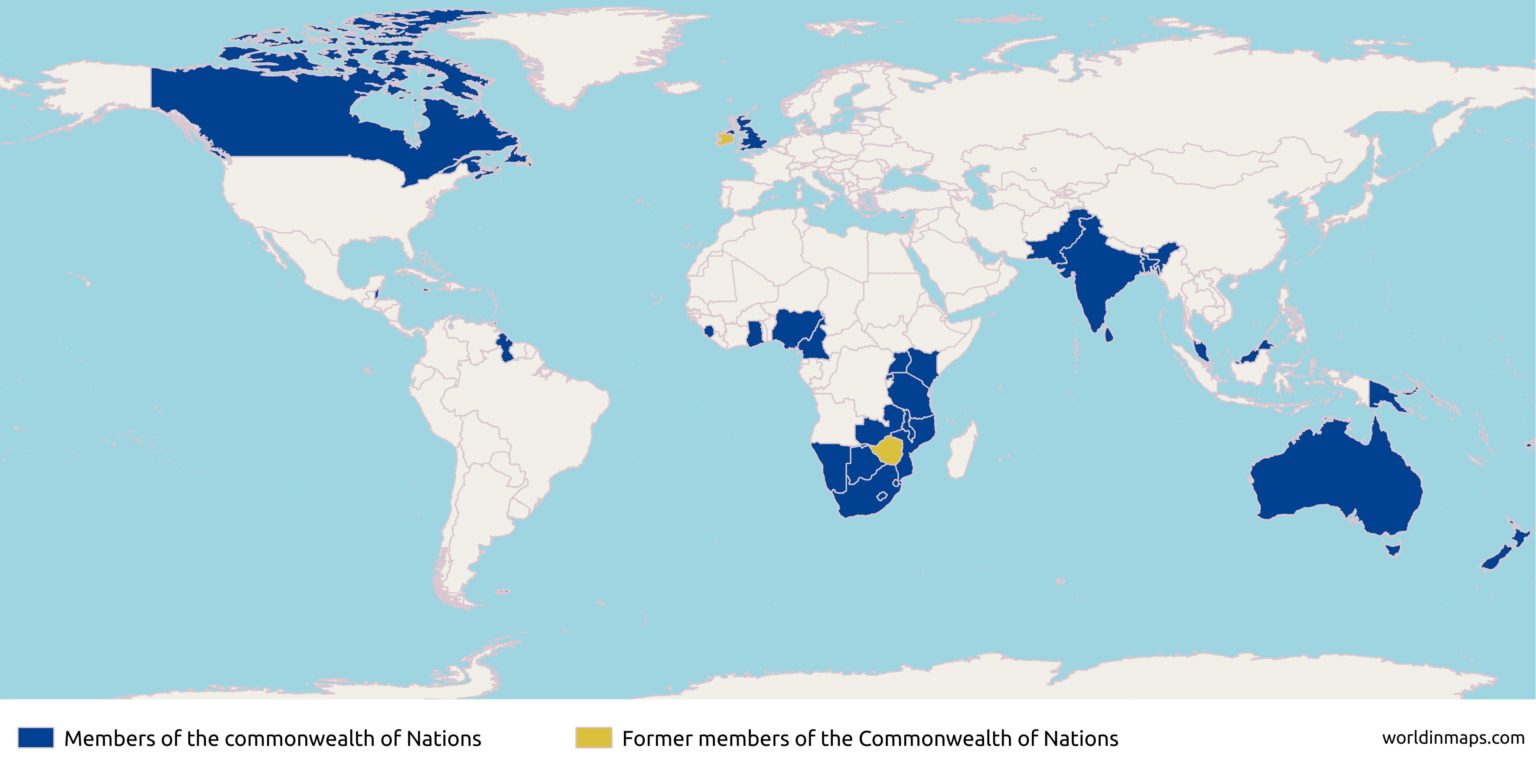

The Commonwealth of today was by no means an inevitable development. They have used this link to strengthen each other’s development, and to work in partnership to advance global agreement over crucial issues such as trade, debt, gender equality, the environment, the threat of terrorism and the international financial system. Members see the connection as natural because they have a shared past, a common language and, despite their differences, an enhanced capacity to trust one another. Its work for development has been possible because the Commonwealth connection was already there. Like a family, the Commonwealth exists because its members feel they have a natural connection of long standing. Many Commonwealth presidents and prime ministers, and its Head, Queen Elizabeth II, have drawn attention to this feeling of family. Unlike other international official organisations, the character of the Commonwealth is less markedly that of an alliance or contractual arrangement then it is a family. This distinguishes it from the United Nations, built around its charter in the conscious endeavour to establish universally-recognised standards for international conduct. The Commonwealth has been described as an organism which could evolve, but could not have been constructed from a blueprint.


 0 kommentar(er)
0 kommentar(er)
